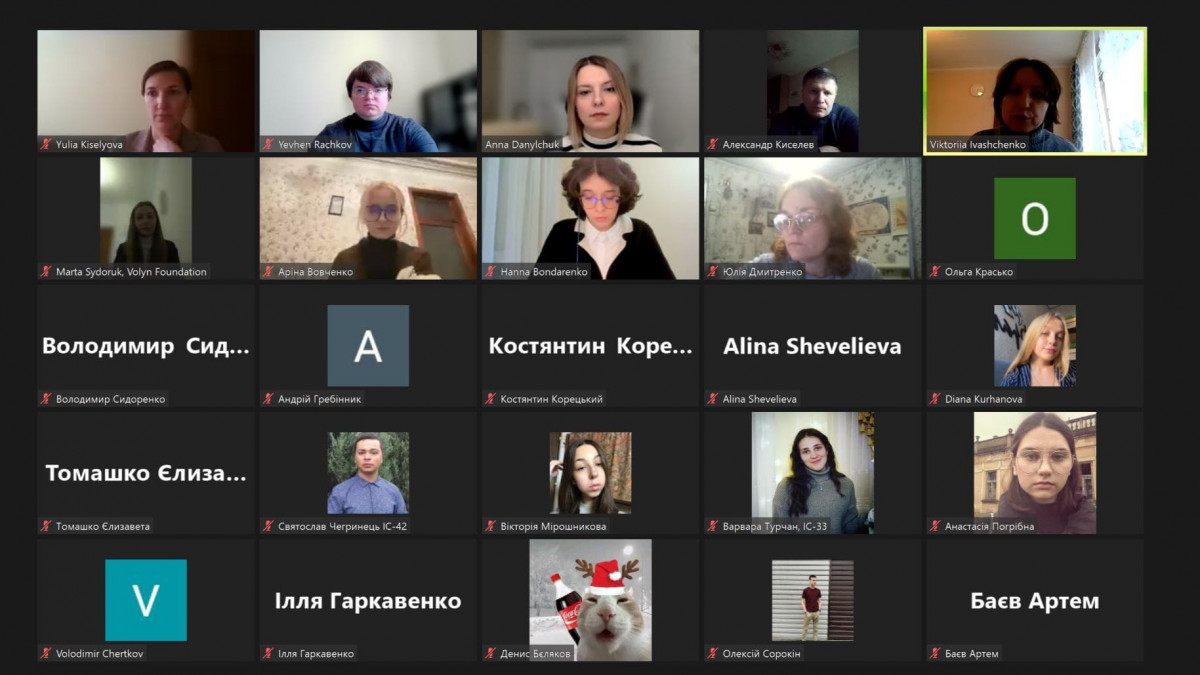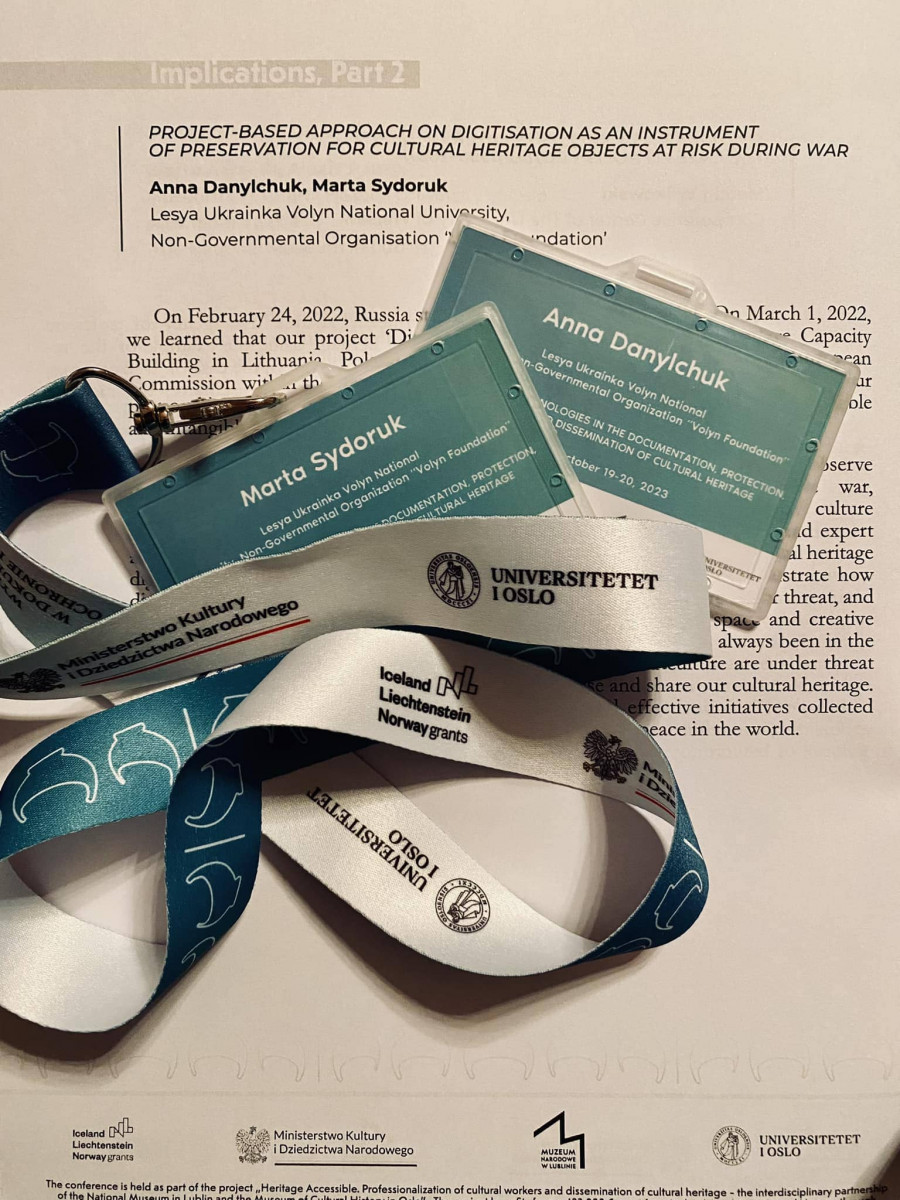We go to social networks like Facebook or Twitter on our own accord – when we have a free moment, we want to read the news or see how our friends are doing. But messengers often remind of themselves – with the sounds of messages that interrupt the usual mode and encourage you to read, even when you are busy with other things.
Most of us have important contacts that we cannot ignore, so whether we want to or not, whether we have time or not, we open the application to check what has come to us. And quite often among work, family or home chats, which have long become a necessity, a message appears that the author asks to send to others. Even if you respect the person from whom the request came – always check whether the text is a typical tool of a psycho-emotional Viber attack. (Of course, Viber is just an illustration here, and dangerous messages can also come to other messengers in which you are registered).
So, let’s analyze what signs indicate the “poisonousness” or falsity of such a text:
- Allegedly official messages from state structures, military units or hospitals, which are full of excessively emotional phrases. Once I received one where the hospital complained about the lack of blood supply for the wounded. However, the text did not mention either the address of the hospital or the city in which it is located. Other important details were also missing. Instead, there were a lot of emotional phrases that cause the reader either sadness or panic. In fact, this is the main task of such texts, and they are also a tool of information warfare. Remember, real requests are clear, concise and contain instructions – what, where and when is needed.
- Texts ending with the signature “information from the military”, “a colleague from the hospital said”, “a woman at the border saw” cannot be trusted, because they only indirectly name the source of information and it is absolutely impossible to verify it.
- Even if you received such a text personally and it was sent to you by a person whom you respect, do not forget that the author is not her. And it is impossible to determine the author of a message that has spread through thousands of channels, as well as to check why he or she did it.
Sometimes, we give in to an emotional impulse and forward such messages to dozens of important, personal addresses. It doesn’t solve any real problem, instead it creates a new one – it increases the number of people who will spread false, emotionally harmful information.
This publication was prepared within the framework of the project “Citizenship for Democratization” with the assistance of the European Union, which is carried out by the Institute for Economic Research and Policy Consultation. The content of this publication is the sole responsibility of the NGO “Volyn Foundation” and in no way reflects the point of view of the European Union and the Institute of Economic Research and Political Consultation.
Anna Danylchuk, NGO “Volyn Foundation”
















